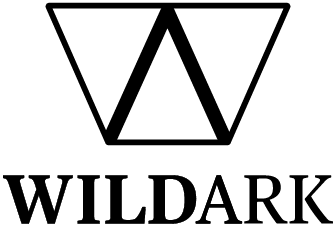Lions have gone extinct in 26 countries. They can now only be found in 8% of their original range. Over the last 50 years, lion population numbers have dropped from 250 000 to fewer than 30 000 in the wild.
In response to the sharp decline of Africa’s wild lion population, a group of female conservationists, leaders, strategists, and influencers have joined forces to halt the decline.
They Call Themselves the Pride Lion Conservation Alliance.
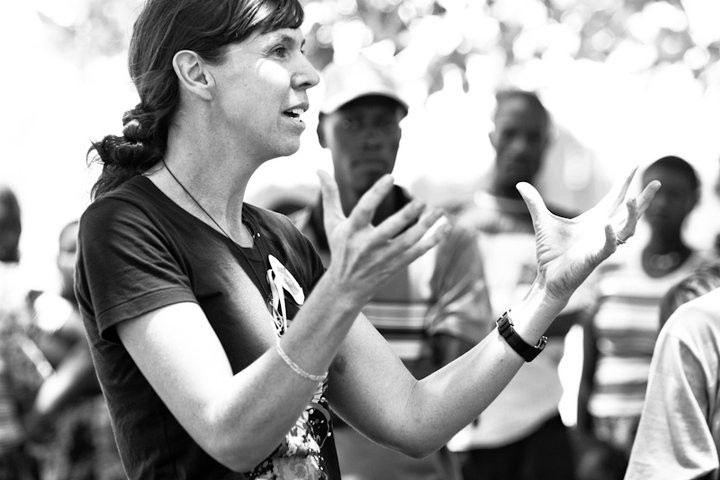
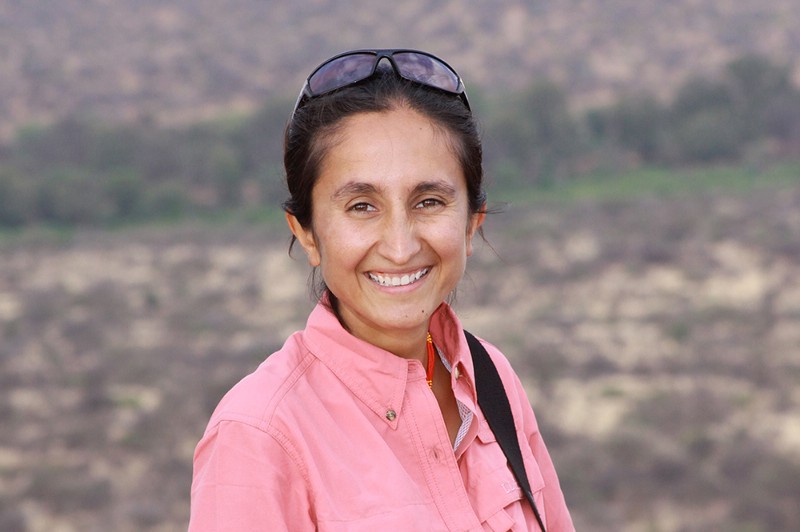
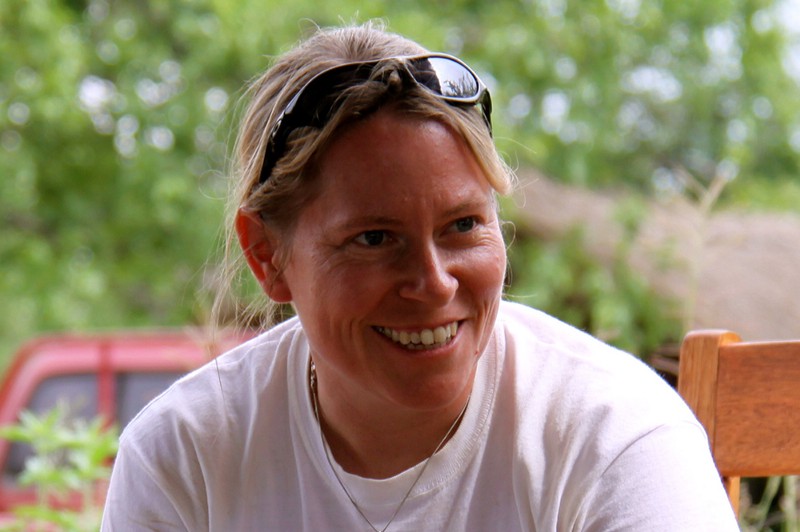
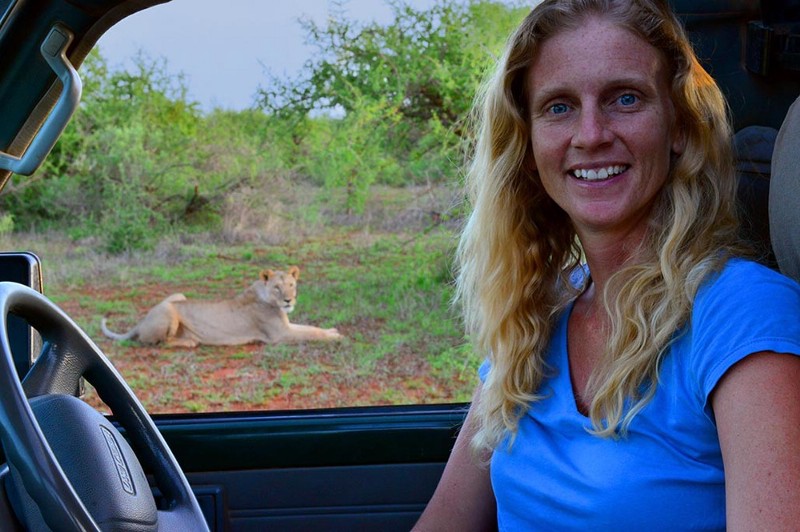
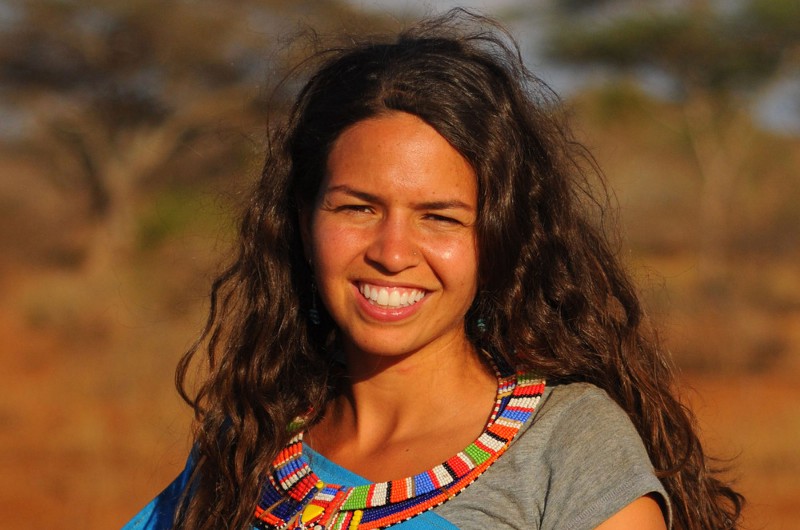
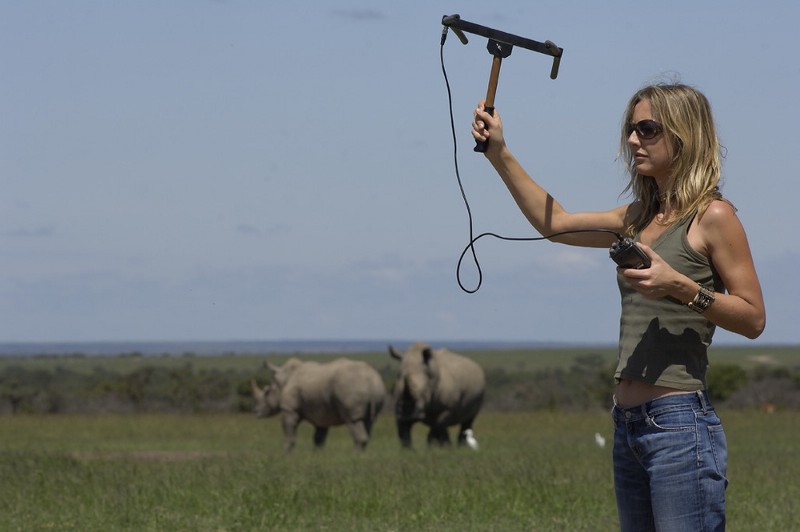
(Top Left to Right) ) COLLEEN BEGG, PhD is Co-founder and Director of Niassa Lion Project in Mozambique; SHIVANI BHALLA, PhD is Founder and Executive Director of Ewaso Lions in Northern Kenya; AMY DICKMAN, PhD is Director of WildCRU’s Ruaha Carnivore Project in Southern Tanzania;(Bottom Left to Right) STEPHANIE DOLRENRY, PhD is Co-founder and Director of Science of Lion Guardians based in Maasailand, Kenya; LEELA HAZZAH, PhD is Executive Director and Co-founder of Lion Guardians; ALAYNE ORIOL-COTTERILL, PhD is Founder and Director of Lion Landscapes.
This group consists of six extraordinary women who successfully work in lion conservation across Kenya, Tanzania, Mozambique and Zambia. Instead of working in isolation, they have decided to join forces to create a collaborative approach towards make a meaningful difference.
Habitat loss, poaching of prey and conflict with people are the main culprits contributing towards the decline of this iconic species. There are many organisations across Africa targeting the same issue. However, these groups tend to compete for the same funds and lack the opportunity to learn from one another when dealing with the same problems.
Colleen Begg PhD co-founder and Director of Niassa Lion Project in Mozambique; Shivani Bhalla PhD founder and Executive Director of Ewaso Lions in Northern Kenya; Amy Dickman PhD Director of Wild CRU’s Ruaha Carnivore Project in Southern Tanzania; Stephanie Dolrenry PhD Co-founder and Director of Science of Lion Guardians based in Kenya and across East Africa; Leela Hazzah PhD Executive and Co-founder of Lion Guardians in Kenya and Alayne Oriol Cotterill PhD Founder and Director of Lion Landscapes have decided to do things differently.
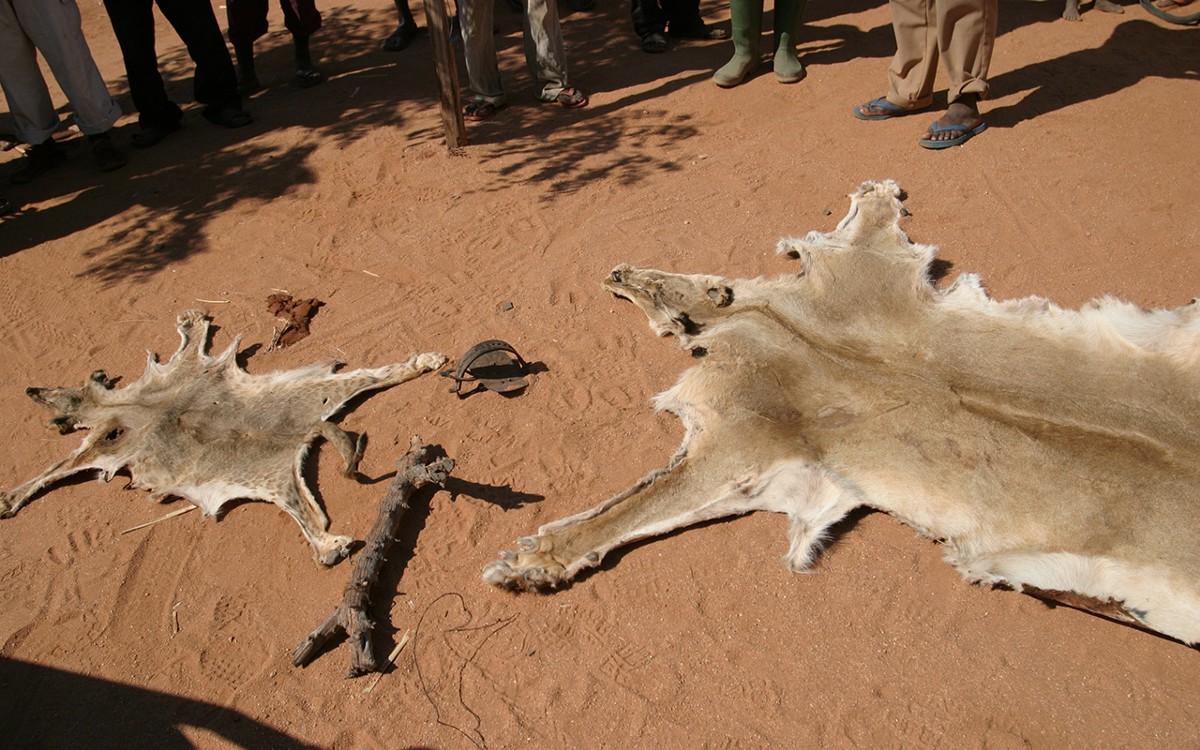
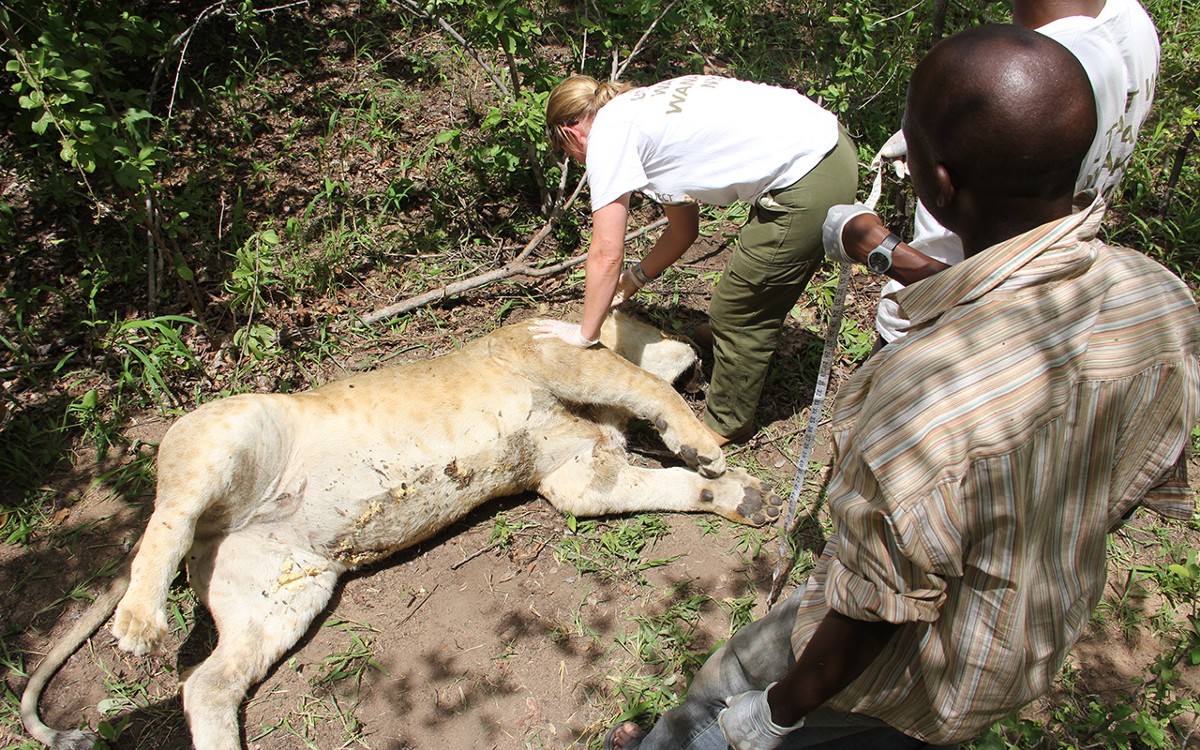
(Left) Lion Skins and (Right) Dr. Amy Dickman examining a deceased young male lion. Photo: Jon Erickson
They aim to define conservation priorities, develop plans for action and work together.
The Lion Pride Conservation Alliance is based on long-term friendships and trust; its members have known each other for years have a developed deep and meaningful relationships. They learn from one another, replicate strategies and share knowledge across countries. To date they have employed 100’s of local people, engaged communities, used cutting-edge science, prevented attacks, reduced bushmeat snaring and improved the livelihoods of households. In short, they are saving lions while enhancing the lives of local people.
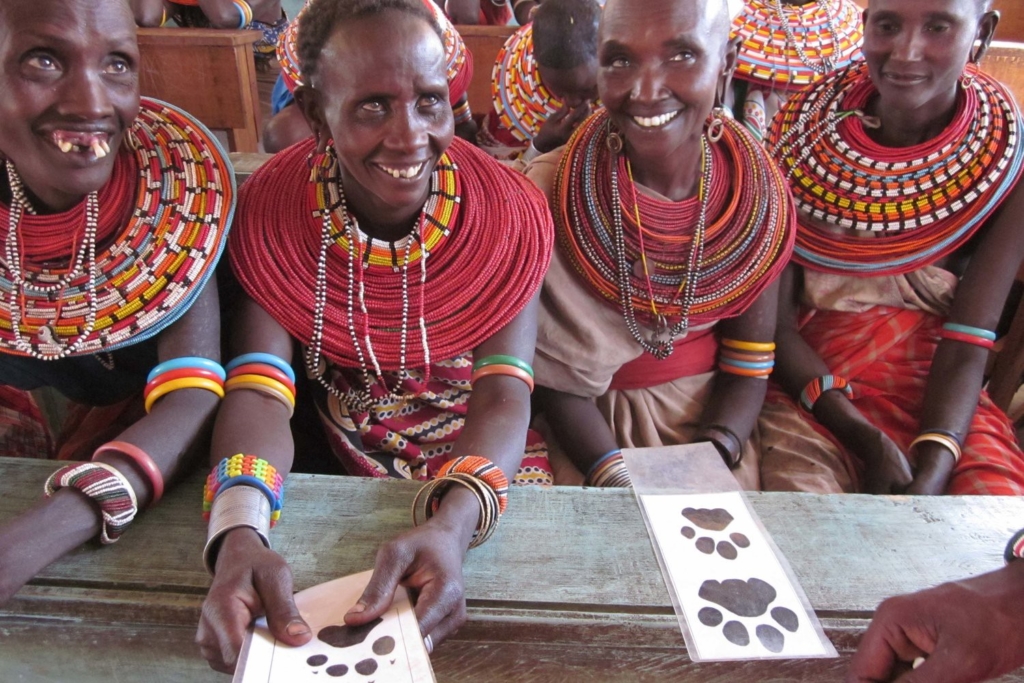
Samburu women participating in Ewaso Lions’ community conservation programs. Photo: Ewaso Lions
The Alliance launched in October 2015, and its six members gather to meet at least once a year in person while communicating year-round through WhatsApp, Skype, and email. Together they work as equals. Meetings are arranged to discuss strategic initiatives, fundraising priorities, to share resources and to brainstorm. During these strategy sessions, members focus on transparency, creativity and thinking outside the box!
Pride’s goal is to strengthen lion conservation through collaboration and collective innovation.
They share protocols, methodologies, and planning materials to help each other optimise individual projects ranging from research, community programs, and internal management. Examples include camera-trapping methods, poison awareness materials, data collection templates, security protocols and more.
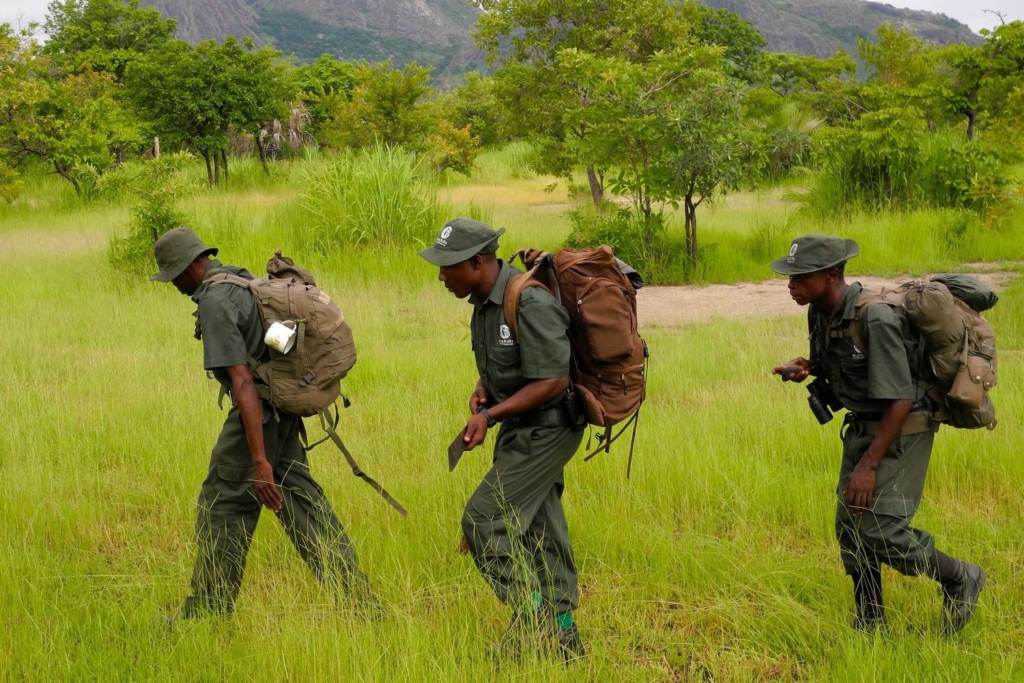
Antipoaching scouts, Niassa Lion Project. Photo: Niassa Lion Project
In 2016, Niassa Carnivore Project’s education manager visited Ewaso Lions to learn more about their education programs, specifically how they engage women through the Mamba Simbas program. NCP hopes to do something similar, to engage and empower women in their communities.
In 2017 Ruaha Carnivore Project hosted team members from Niassa Carnivore Project as a Pride exchange visit where they shared knowledge and learned about camera-trapping and securing bomas to prevent attacks on livestock.
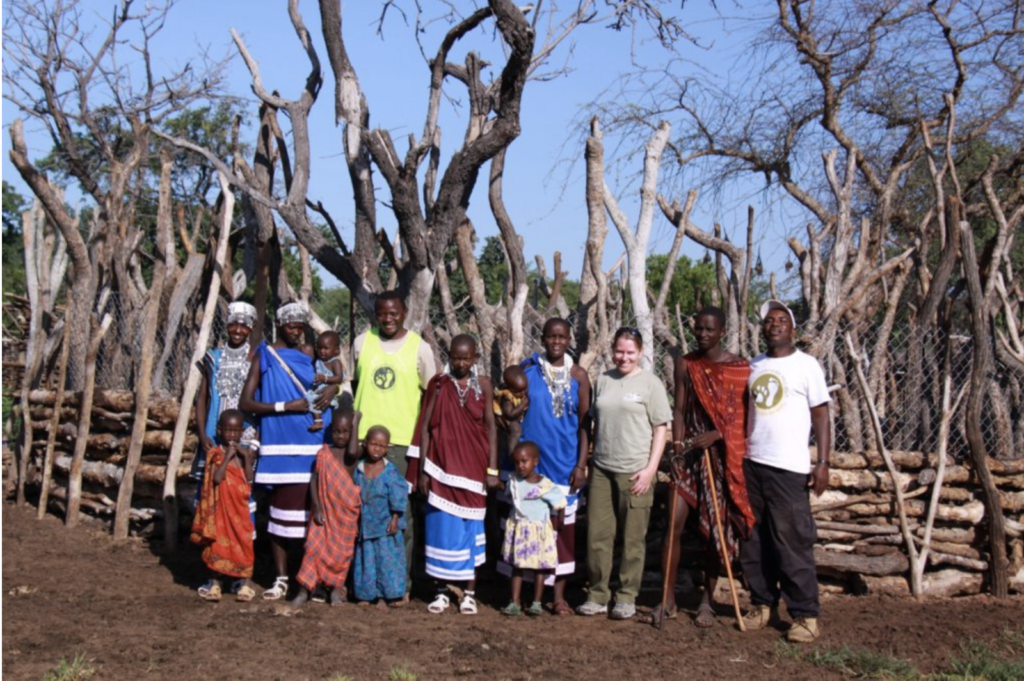
One of Ruaha’s predator proof livestock enclosures. Photo courtesy of the Ruaha Carnivore Project
Other collaborations in progress include Project Exchange Visits, Carnivore ID systems and Poison Awareness Materials for communities.
This year, supported and energized by Pride, Dr. Alayne Oriol Cotterill launched a new project called Lion Landscapes. This start-up currently covers 7,500 km2 of important lion habitat in Kenya with projected growth over 8,050 km sq. of lion habitat over the next year as programs are established in Zambia. Alayne attributes the support that she received from Pride as one of the key catalysts which helped her move this independent project forward in a more efficient way.
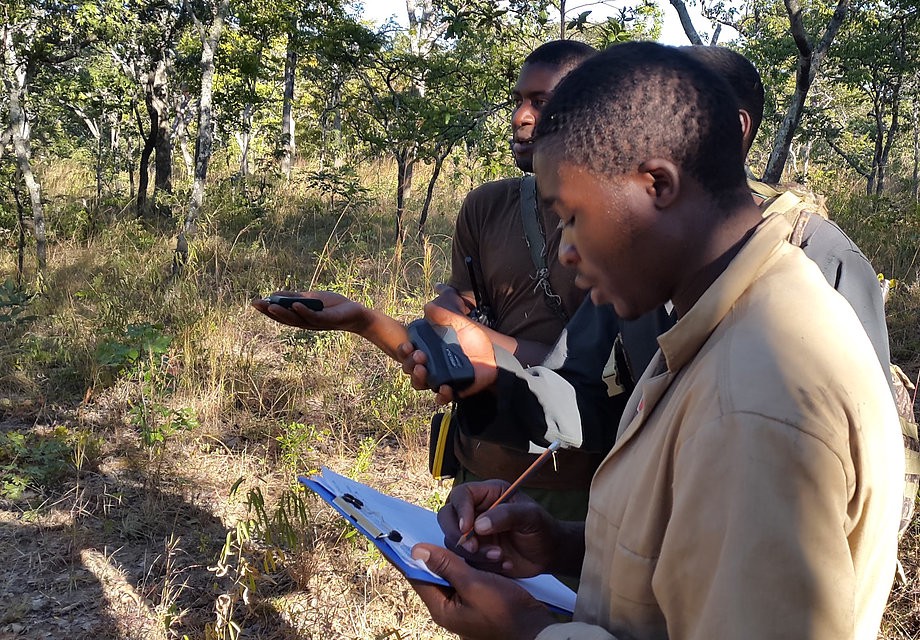
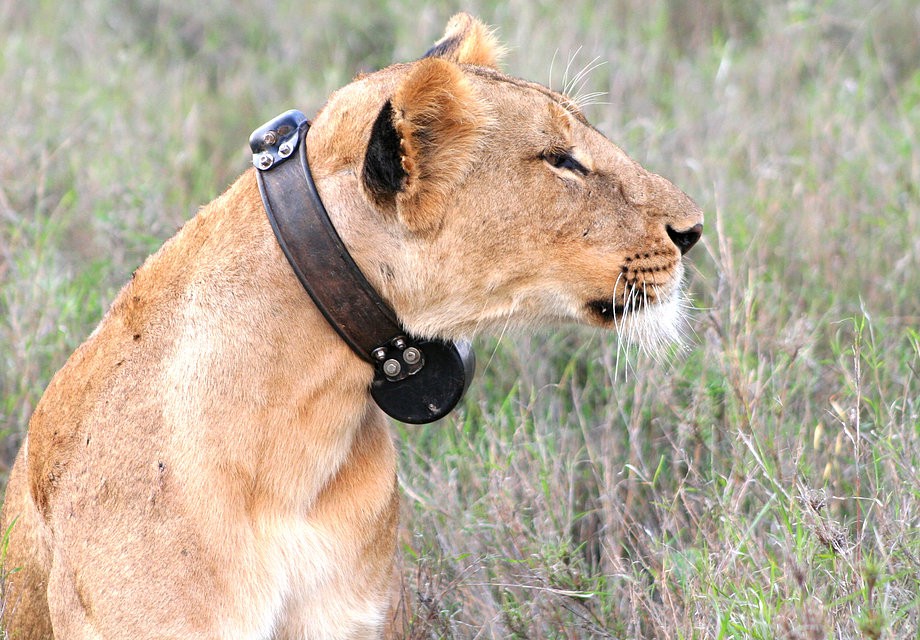
(Left) Wildlife monitoring in the Lower Zambezi Valley and (Right) Using technology to monitor lion movement. Photos: Courtesy of Lion Landscapes.
The combined budgets of the Pride members’ projects amounts to more than $3.2 million annually. The Alliance received generous start-up support from Houston Zoo and had raised nearly $1M to-date, with $650k already allocated to on the ground conservation work. Their goal is to raise $500,000 annually to support special high-value projects, ongoing collaborations, and long-term sustainability.
They continue to work to build their donor network and bring on new supporters, especially those outside the traditional conservation circles.
To learn more, donate, or follow the Pride Lion Alliance online, visit http://pridelionalliance.org/.
